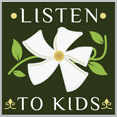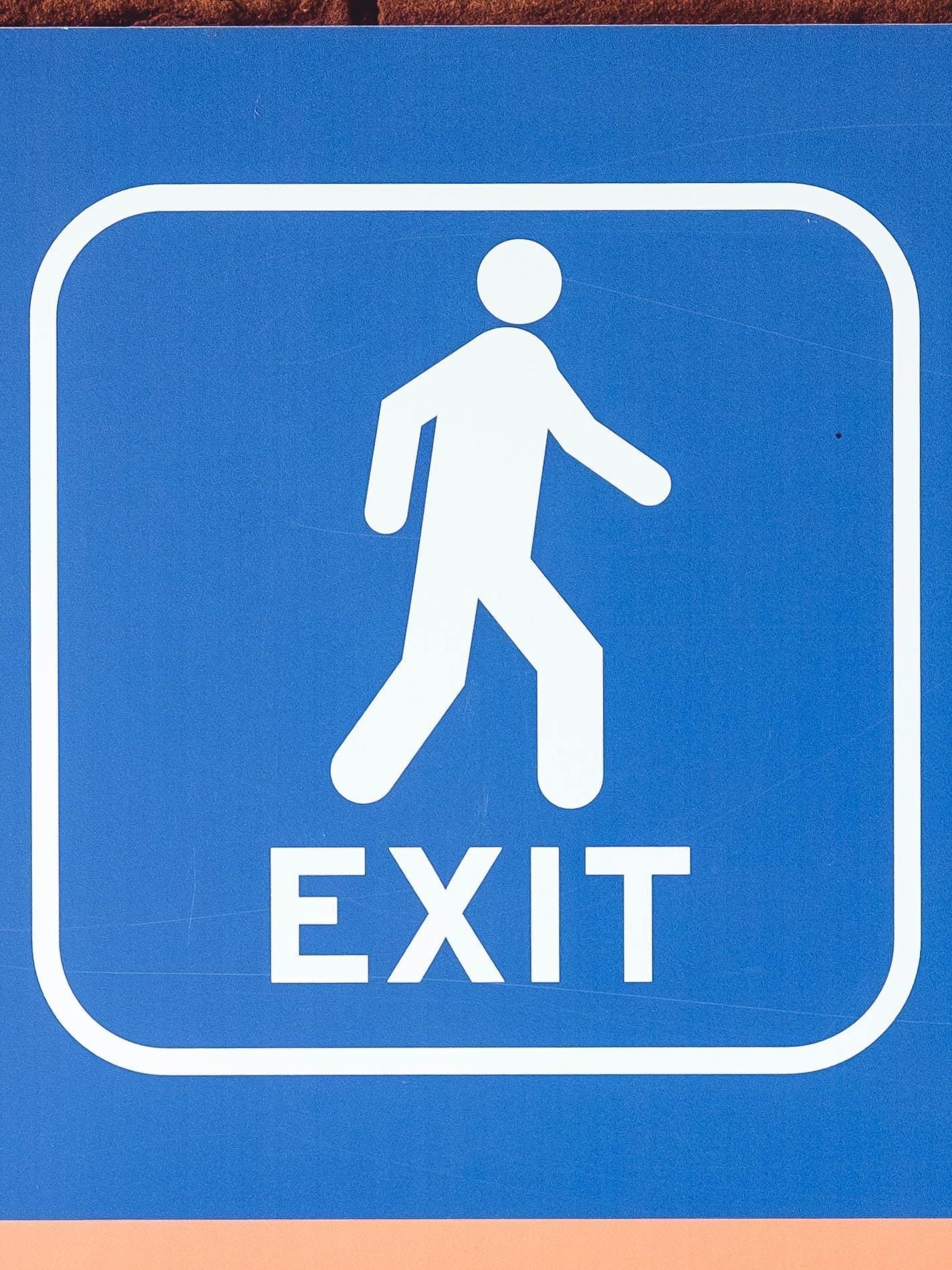YES.
IT IS POSSIBLE TO PREVENT CHILD ABUSE, and the work starts with the adults.
Listen to the kids in your life. Really listen. What does their body language tell you? Sometimes kids blurt out seemingly crazy things so they can gauge the adult's reaction. My 3-year-old nephew once told me "Mommy's gonna die." I said "Did you say die?" He said "Yes. She's gonna die if he paints." Later, when my sister arrived, I told her what he said. She blushed and said "Our friend offered to paint a portrait of my son, and I told him 'If you do, I'll just DIE!'" It was a wonderful opportunity for us to ease his mind and teach him about exaggeration. When kids are comfortable and confident to repeat such phrases, experiences, or thoughts to their parents, it adds a layer of protection for them.
Avoid the phrase "The adults are speaking." Instead, state your desired behavior, such as "Please say 'excuse me' if you have something to say while I'm talking. And then wait your turn." And always remember to give the child a chance to speak.
Avoid shaming kids when they use an incorrect word or pronunciation. The most important part is that they're talking to you. You can help them improve vocabulary and pronunciation later.
Create a code word in your family that means you're not being sarcastic, exaggerating, or playing make-believe.
Teach your kids names for their anatomically correct body parts, including private parts. Make sure they know that the parts covered by a bathing suit are off limits to EVERYONE except, sometimes, a parent/guardian or doctor.
Actively respect your kid's control of her/his body. If the kid does not feel comfortable with you touching ANY part of their bodies, figure out a different way to work with them.
Allow and encourage your kids to tell you when they feel uncomfortable. They always have the right to articulate how they're feeling. And when they do, listen. Please don't characterize a statement like "I feel sad" as complaining or whining. Their mental health & safety depends on their belief that they can always tell you how they feel without being punished.
Reduce opportunity for perpetrators. Never allow your child to be alone with another adult, even a member of your family. More than half of all child sexual abuse happens between a child and his/her family member. Always have a witness present, even if it has to be another child.
Always ask your child after school or babysitting or time at someone else's house: "How did they make you feel?" "Do you trust them?"
Train your kids to give you a report after every outing. Make it feel normal & non-judgemental. If they're in the habit of saying "we swam in the pool and then had ham sandwiches," they'll be more comfortable telling you if something seemed wrong.
Tell them that sometimes "NO" is the correct answer. Role-play with your kids times when it's appropriate to say "No; I will not" to adults. When your kid tells you "No; I will not," avoid an angry response. Instead, get curious and ask "Why not?" You can discuss the reason and move on from there. Sometimes, they may have a point. Sometimes, they're still learning when and how to say "no."
Be the One Caring Adult in their lives.
https://joshshipp.com/one-caring-adult/
For more prevention resources and ideas, check out these links:
https://www.cdc.gov/violenceprevention/aces/prevention.html
https://www.cdc.gov/violenceprevention/aces/help-youth-at-risk.html








